The objective of this study was to explore the travel behavior and experiences of public transit users in New Jersey and to understand the relationship between travel experiences, perceptions of safety, gender, and sexual orientation.


The objective of this study was to explore the travel behavior and experiences of public transit users in New Jersey and to understand the relationship between travel experiences, perceptions of safety, gender, and sexual orientation.
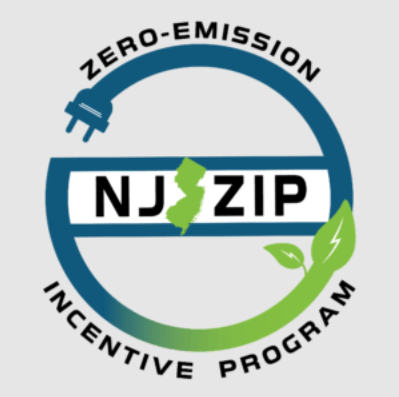
The NJ ZIP pilot program is a first-come, first-serve voucher program designed to incentivize the adoption of zero-emission medium- and heavy-duty vehicles (ZE MHDVs) by New Jersey businesses and institutions, especially those operating within overburdened communities.
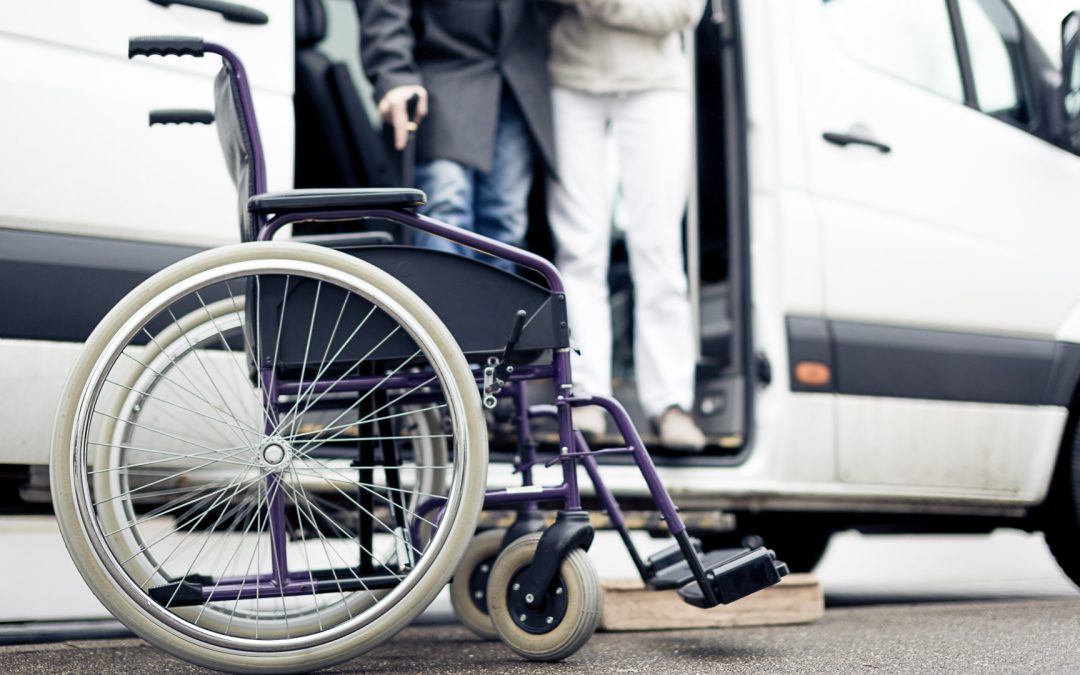
Exploring opportunities to expand service to rural areas of Cumberland County through program changes, implementation of micro-transit, or other means while staying with existing funding resources.
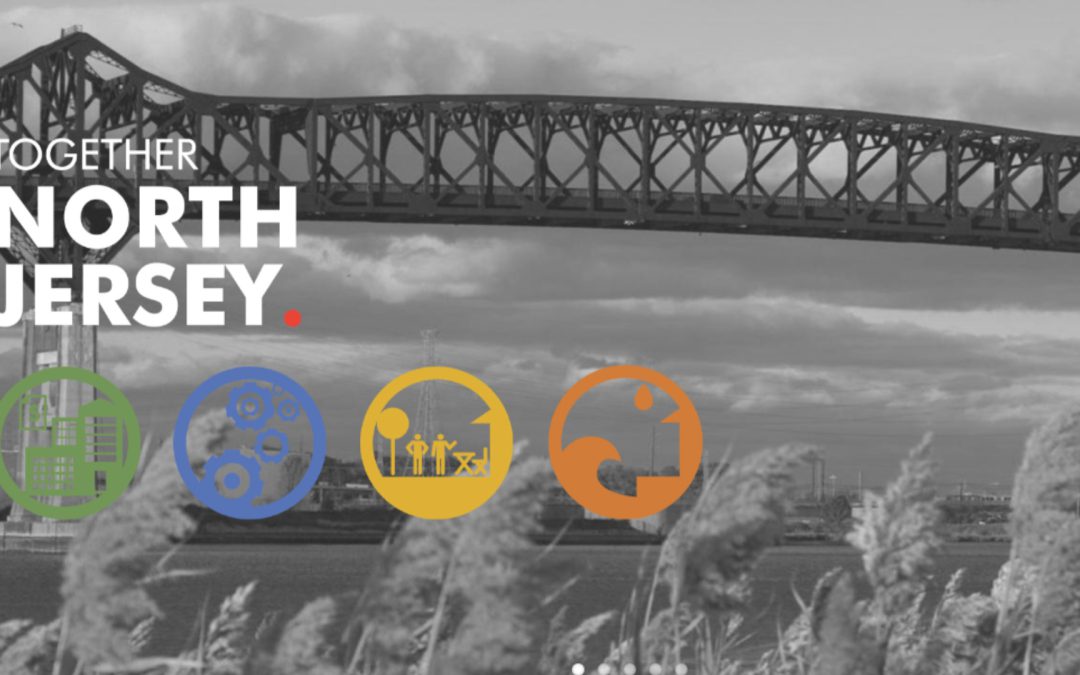
RU-VTC partnered with NJTPA to promote implementation of the Together North Jersey plan with technical activities focused on topics related to economic competitiveness, livability, resiliency, and efficiency.
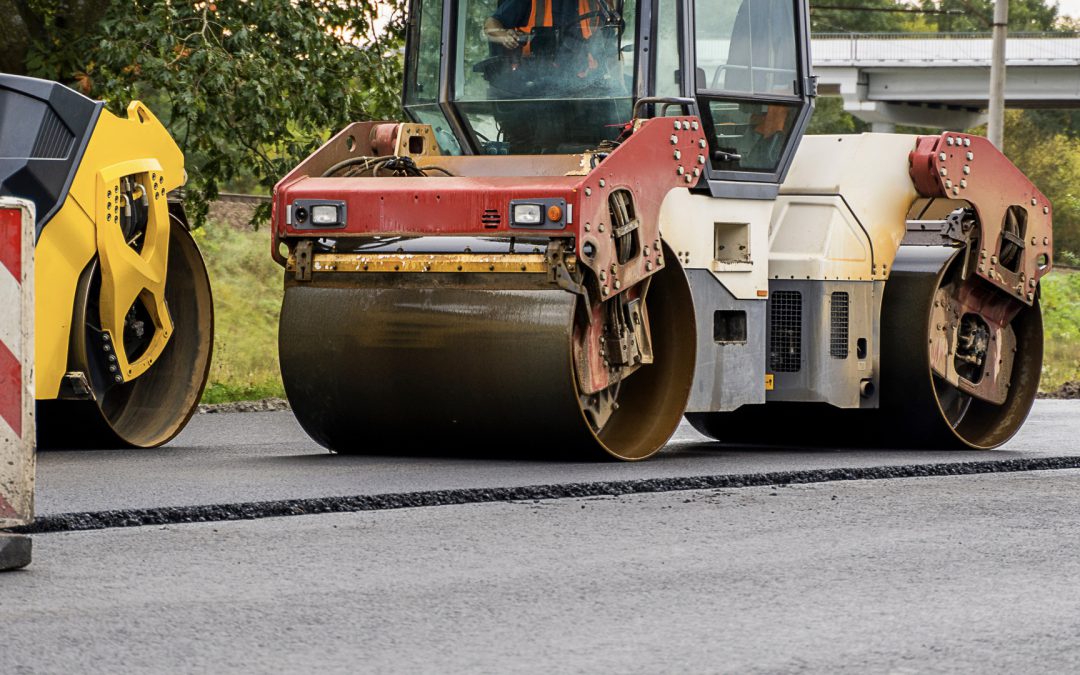
The objectives of this project are to estimate local government revenue and expenditures, develop and pilot test a municipal survey, and complete Form FHWA 536.
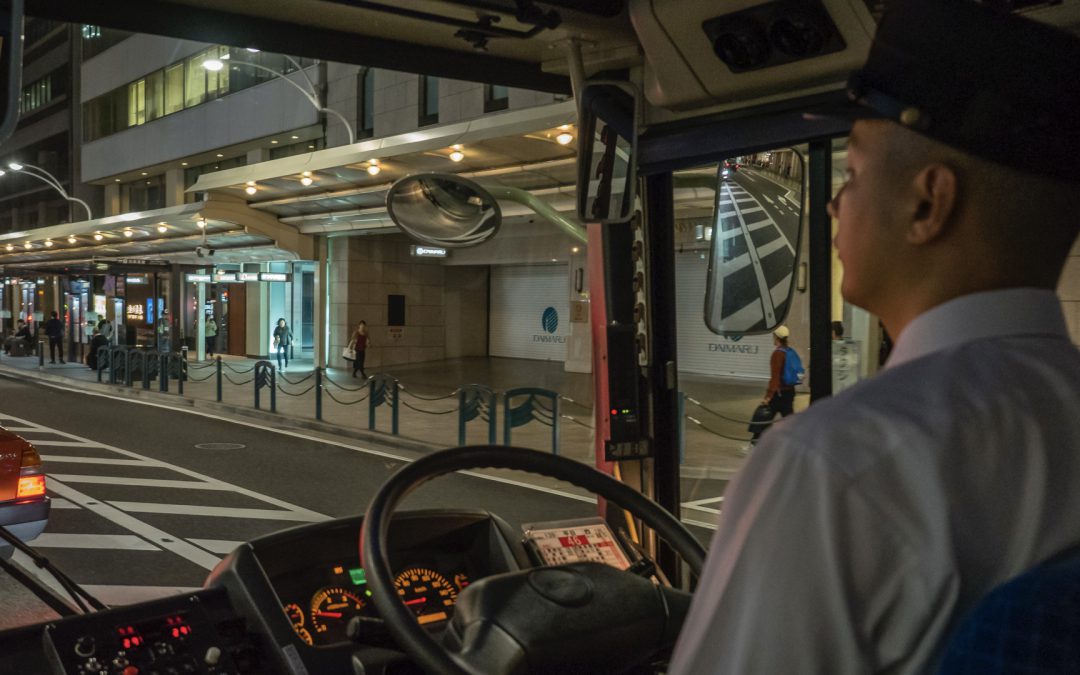
Examining stressors for transit workers, identifying the psychological effects of COVID-19, demonstrating the effects to transit management, and engaging workers and management to develop measures that will have a long-lasting effect.

This project is studying how a comprehensive, multi-goal transportation planning and policy framework can be used to achieve carbon-neutral transportation that provides healthy, just, efficient, and resilient mobility for all NJ residents.

The objectives of this research are to map current and future flood risk, create a web-based flood risk visualization tool and make recommendations for how NJDOT personnel can apply the flood risk visualization tool in their work.

This research project seeks to update survey data for 38 NJ TRANSIT bus routes in the Newark market.
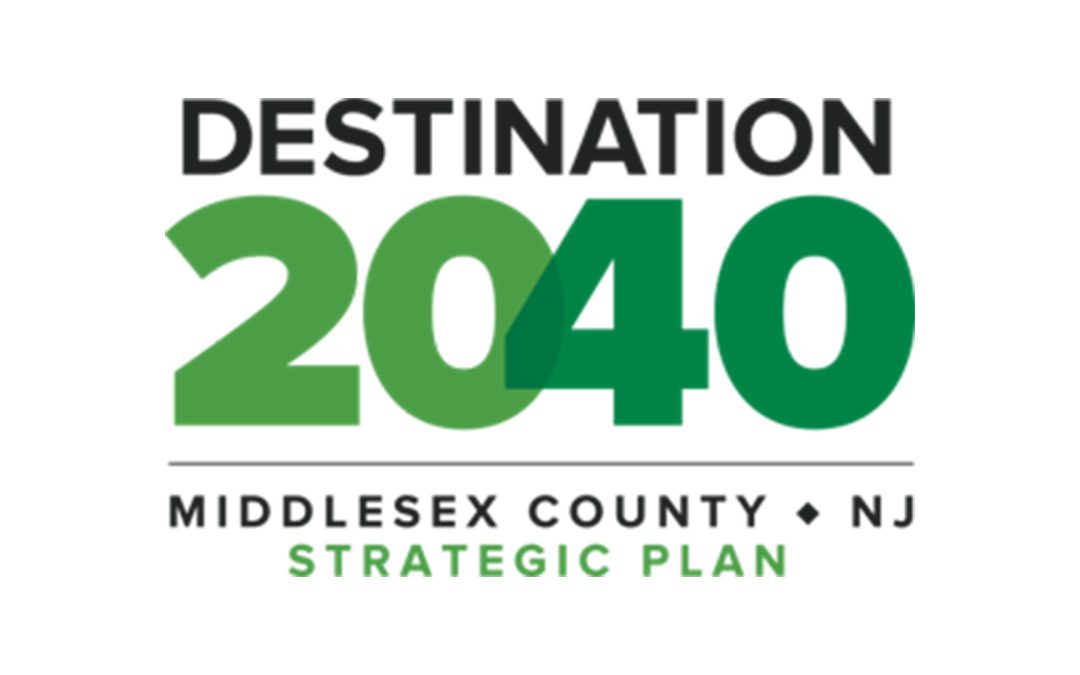
The Destination 2040 planning process is designed to create a future-oriented master plan that is adaptive to changing circumstances and new opportunities.
Since its creation in 1979, NJ TRANSIT has grown into the geographically largest public transit system in the United States. Over more than four decades, the agency’s financial structure has shifted in response to changing state and federal priorities—shaping service...
Objective While fatal crashes are available through the Fatality Analysis Reporting System (FARS) and are readily available to the public, many states do not make their crash data easily accessible for the public and the research community. The public has an interest...
Through this research, NJ TRANSIT sought to understand how women and members of the lesbian, gay, bisexual, transgender, queer plus community, sometimes referred to as sexual and gender minorities (SGMs) travel on NJ TRANSIT so the agency can provide better...
Recent advances in biometric sensing technologies, such as eye tracking, heart rate trackers, and galvanic skin response (GSR) sensors, offer new opportunities to measure pedestrian stress level and their travel experiences in real-time. Uncertainty remains about...